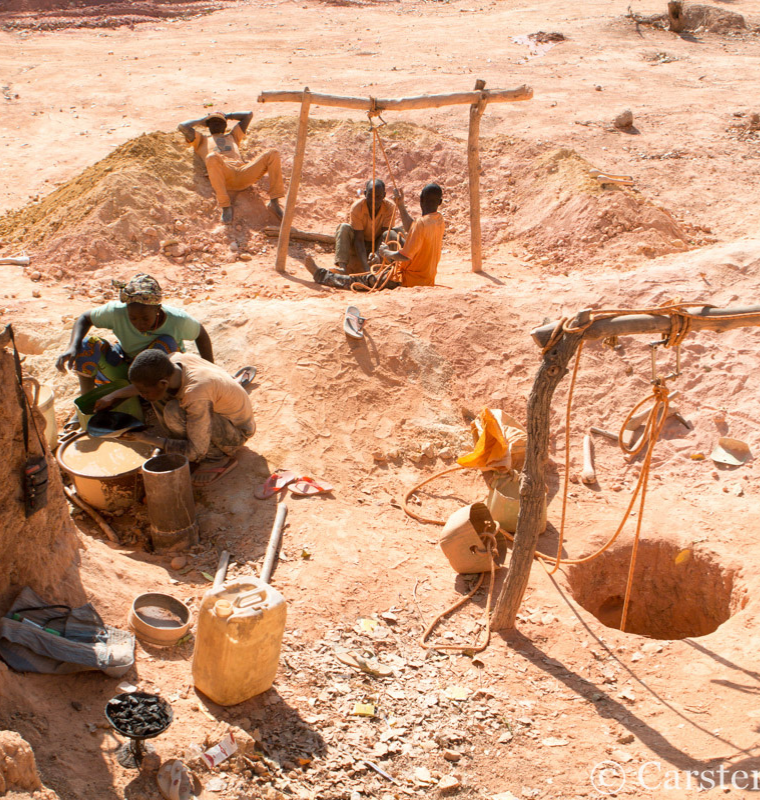Craig Moffett Warns: Moving iPhone Assembly to India Won't Solve Apple's Tariff Troubles
Craig Moffett Warns: Moving iPhone Assembly to India Won't Solve Apple's Tariff Troubles
By
Rachel Steinberg
Last updated:
April 28, 2025
First Published:
August 3, 2025

Source: Yahoo
Leading telecom and media analyst Craig Moffett, repeatedly ranked by Institutional Investor as a top expert, has poured cold water on recent reports suggesting Apple could shift a significant portion of its iPhone production from China to India. In a memo to clients, Moffett emphasized that such a move, while helpful to some extent, would not solve the deeper problems tied to global trade wars and tariff pressures.
The Reported Move to India: Too Good to Be True?
After the Financial Times reported that Apple aims to ramp up iPhone production in India by the end of next year, Moffett quickly issued a reality check.
“You have a tremendous menu of problems created by tariffs, and moving to India doesn’t solve all the problems," he told CNBC’s Fast Money on Friday.
Moffett explained that even if assembly shifts to India, key components like chips, displays, and batteries would still largely be manufactured in China — leaving Apple exposed to tariffs and supply chain vulnerabilities. As of 2024, over 70% of iPhone components are still sourced from Chinese factories.
Trade War Complications: Two Fronts of Battle
Moffett noted that a global trade war impacts two critical areas: production costs and sales volumes. While relocating assembly could slightly reduce costs, it won’t protect Apple from falling sales due to rising anti-American sentiment in China or from increased iPhone prices globally.
He warned:
“Moving assembly might — and we stress might — help with costs. But the bigger risk is consumer backlash and demand shrinkage.”
Apple currently controls about 17% of the Chinese smartphone market, but companies like Huawei and Vivo are rapidly eating into Apple's share amid rising nationalism, according to Counterpoint Research.
Stock Downgrade: Moffett Slashes Apple Price Target
In a bold move Monday, Moffett slashed his Apple price target from $184 to $141, signaling a potential 33% drop from the previous Friday’s closing price.
This new target is currently the lowest among Wall Street analysts, according to FactSet.
Moffett explained:
“I don’t think of myself as an Apple bear. I admire Apple. But valuation matters — and it's disconnected from reality in this macro environment.”
Since issuing a "sell" rating on January 7, Apple’s stock has slid about 14%. Still, the company remains strong financially, boasting over $162 billion in cash reserves and a robust global brand.
Tariff Pressure Mounts: Carriers Won't Cushion the Blow
Another critical challenge? U.S. telecom giants like AT&T, Verizon, and T-Mobile announced last week that they will not subsidize higher smartphone costs caused by tariffs.
This means:
- Consumers will shoulder the increased prices.
- Upgrade cycles will lengthen, with users holding onto their phones for 18-24 months instead of upgrading every year.
- Demand destruction will likely shrink smartphone sales by an estimated 6-8% in North America alone, according to IDC projections.
Moffett warned that higher handset prices could "cripple" Apple’s revenue momentum if consumers delay or forgo upgrades entirely.
Growing Competition in China: A Tough Road Ahead
Moffett also pointed out that the backlash in China is already being felt.
Brands like Huawei, Oppo, and Vivo are gaining ground quickly, while Apple faces an increasingly hostile environment.
Recent data from Canalys shows Huawei’s market share rebounding to 18% after U.S. sanctions temporarily weakened it, squeezing out foreign brands like Apple.
“Volumes are clearly moving to domestic brands, not Apple,” Moffett concluded.
Apple’s Upcoming Earnings: All Eyes on Thursday
Despite a tough year, Apple's stock rose over 6% last week, fueled by optimism ahead of its quarterly earnings report due next Thursday. Analysts are watching closely to see if iPhone sales, services revenue, and macro headwinds impact the company’s performance.
A Complex Road for Apple
While moving production to India could offer minor benefits in terms of tariffs and diversification, Moffett’s analysis makes it clear:
Apple faces bigger and more complex challenges tied to a fragile global economy, rising nationalism, tariff-driven cost hikes, and consumer demand softness.
The takeaway for investors? Stay cautious. The world’s most valuable tech company is navigating one of its toughest international environments in recent history.
Popular articles
Subscribe to unlock premium content
The Rise of Ultra-Luxury Wilderness Retreats in Siberia for High-Net-Worth Investors

Remote Himalayan Villages Transforming Ancient Traditions into Lucrative Wellness Ventures

The New Frontier of Investment in African Artisan Mining Communities

The Rise of Ultra-Luxury Wilderness Retreats in Siberia for High-Net-Worth Investors

Remote Himalayan Villages Transforming Ancient Traditions into Lucrative Wellness Ventures

The Rise of Ultra-Luxury Wilderness Retreats in Siberia for High-Net-Worth Investors









